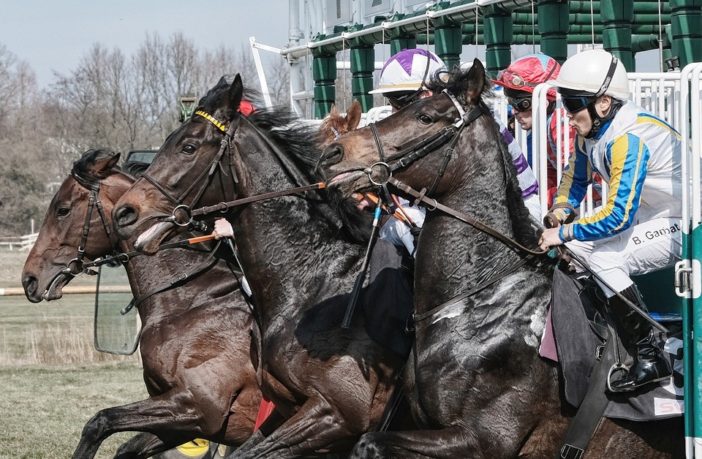Birmingham is a sporting city. However, despite the wealth of local talent when it comes to football, boxing, cricket and just about any other sport you can think of, it’s not a horse racing city. Now, some of you might question how much of a sport horse racing is, but get in a saddle and see if you can last for more than 30 seconds. Horse racing, despite certain misconceptions, is a physically demanding sport and the top jockeys are as fit and well-trained as the horses they ride.
All about the money
Horse racing is also a multi-billion-pound industry. Even though revenue has decreased in recent years, Statista data shows that annual turnover for the British horse racing industry is £3 billion. Widen your lens and look at the sport in global terms and it’s worth significantly more. In fact, when you take into account the money spent in North America and Asia, the DeRace Whitepaper puts the industry’s value at over £250 billion.
It’s a major sport in all ways, but scroll through the latest Cheltenham betting guide and you won’t find many if any, jockeys or trainers from Birmingham. You will see that Cheltenham is one of the biggest festivals in racing and takes place over four days in March.
What you won’t see, however, are people from Birmingham listed alongside famous names in racing such as Paul Nicholls. Why? Well, for starters, there aren’t any racecourses in Birmingham.
Lost Connections Lead to Racing Decline
Of course, Cheltenham isn’t far, so there’s at least some connection between the city and racing. However, the facilities at Cheltenham aren’t as easily accessible to someone in Aston as a football pitch is. What’s interesting though is that this wasn’t always the case.
Once upon a time, there were races in Smethwick, Handsworth, Sparkbrook and Four Oak. According to Chris Upton, the first recorded horse race in Birmingham took place in 1747. However, it wasn’t until a track at Bromford Bridge opened in 1894 that official meets became a regular attraction.
Although it wasn’t one of the UK’s major courses, it was regarded as one of the best venues in the midlands aside from Cheltenham. In fact, in 1952, John Rickman called it “one of the best racecourses in the country” on account of the track being so well made.
Despite the affection for Bromford Bridge Racecourse, it closed in 1965. With it, Birmingham’s status as a racing city was lost which no doubt caused local interest in the sport to wane. There have been some successful jockeys from Birmingham.
Seb Sanders, a former British champion flat jockey, and Grand National rider Adam Wedge are two. However, they’re part of an intimate group. Given the size of Birmingham and the culture of sport that runs through the city, it’s surprising to see we’ve not produced more champion jockeys.
If the facilities and local interest aren’t there, anyone with sporting ambitions is going to be swayed more towards other activities like football and cricket. That’s a shame in some ways because horse racing is a great sport. But, at least for now, Birmingham is, unfortunately, lagging behind in the racing stakes compared to other parts of the UK.




